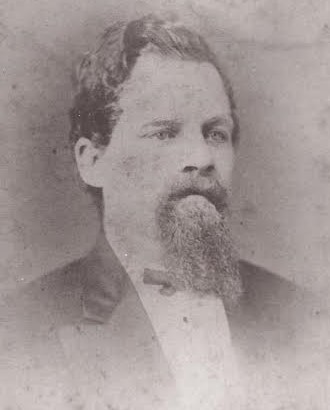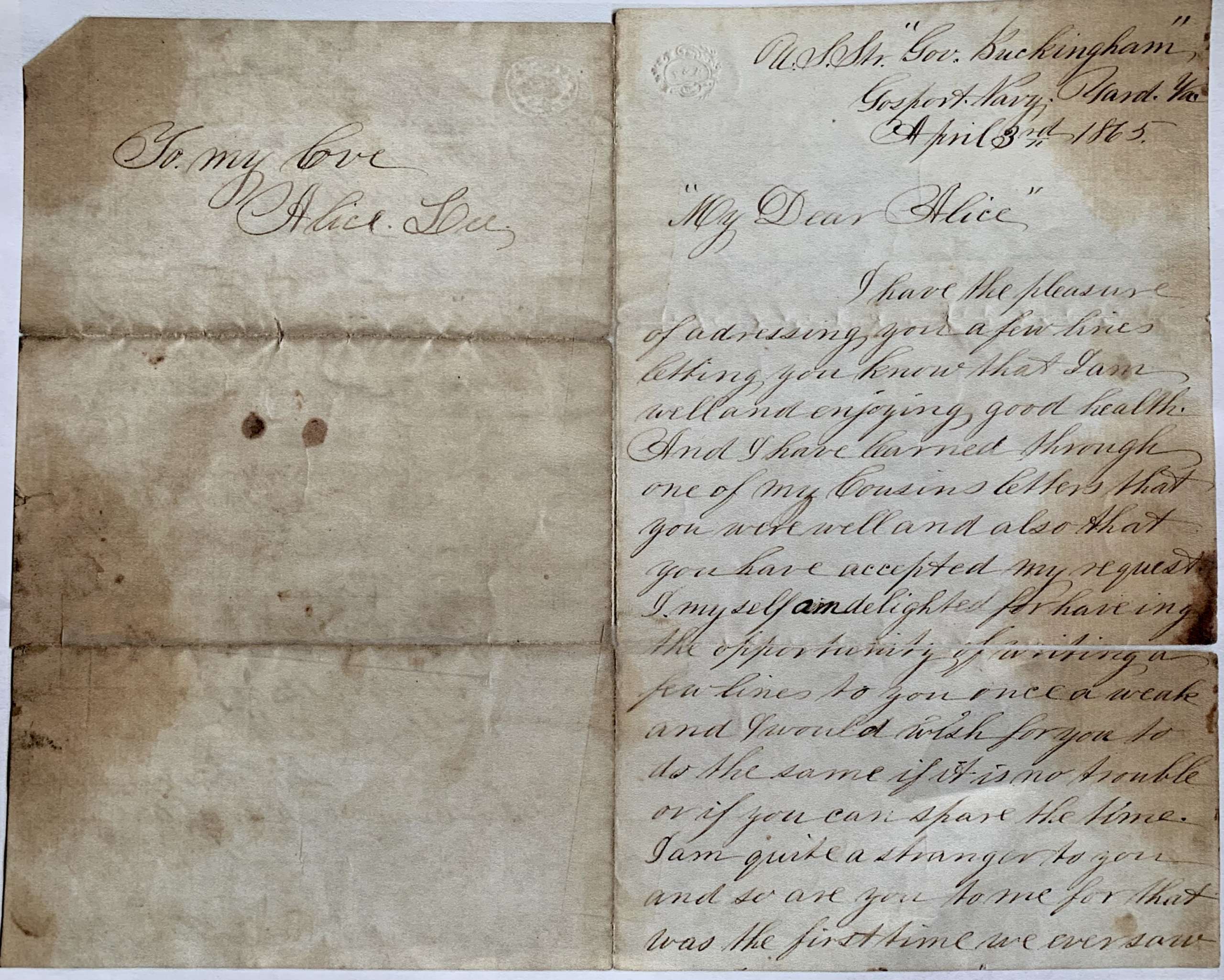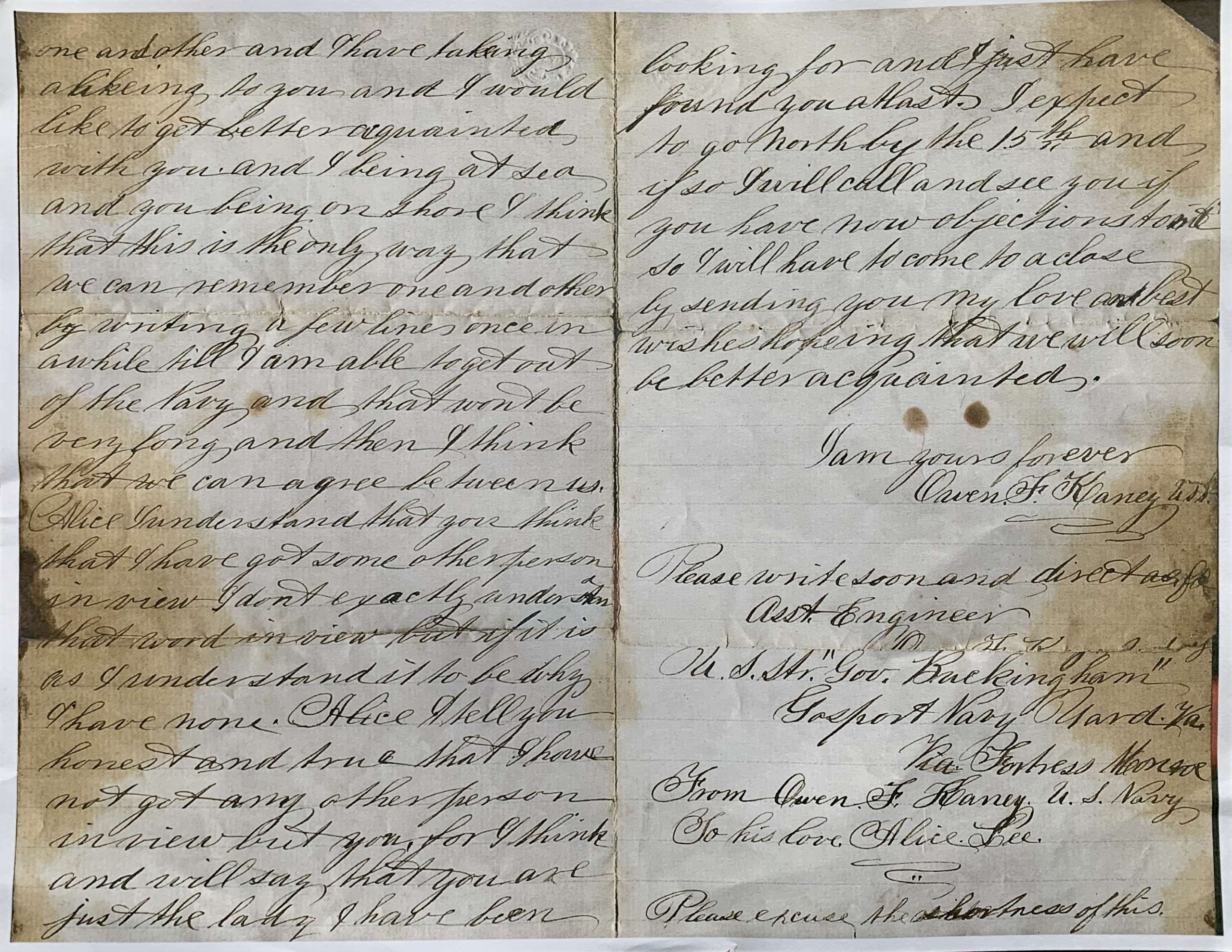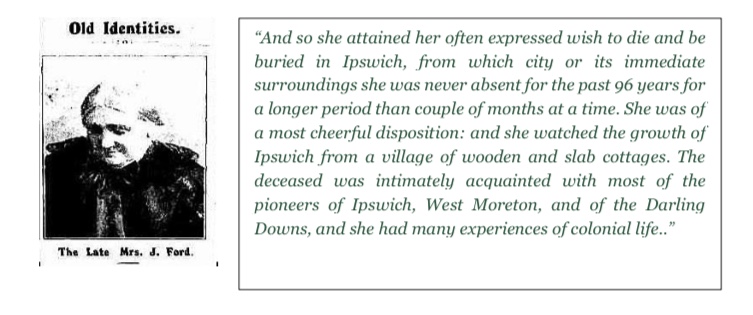Genealogy, for the deeply rooted, is far more than the mere act of collecting names and dates. At its best, and in its most gratifying moments, it is about the connection to people long gone but without whom we wouldn’t be here to discover them. We don’t just find them in a census, we make their acquaintance. And when we’re especially fortunate, we reincarnate a character who has been languishing for generations in an ancestral attic.
Sometimes, of course, we do feel lucky just to find a name and a date. Elusive ancestors can be a real pain. But when the names and dates lead to photos, and newspaper articles, and old love letters, we’ve hit the jackpot. And I get as excited over other people’s ancestors as I do my own. Take, for example, the fellow in the photo at the top of this article.
His name is Owen Kaney and he was the great grandfather of my stepfather-in-law. Born in Philadelphia on April 22, 1843, to Irish immigrant parents, he is without a doubt a great ancestral character. And I don’t know nearly enough about him; for instance, I haven’t figured out yet where in Ireland his parents were from, and I don’t know much about his life before the Civil War. But I do know that before his death on February 26, 1888, he crammed a lot of living into his 44 years.
His family saved the letter he addressed “To my love, Alice Lee” from his post as Assistant Engineer on the USS Governor Buckingham, via Fortress Monroe, Virginia, during the waning days of the Civil War (the missive is dated April 3, 1865; the war ended April 9). He writes to the woman who would become his wife on July 25, 1866, that “I am quite a stranger to you and so are you to me for that was the first time we ever saw one and other” but “Alice, I tell you honest and true that I have not got any other person in view but you, for I think and will say, that you are just the lady I have been looking for and I just have found you at last.”
Very sweet sentiments, indeed. But it was the dozen or so newspaper articles from the 1870s and 1880s that provided a glimpse into the years of Owen Kaney’s life that followed.
Alice and Owen raised three children, daughters Mary Ann and Sarah “Sadie,” and son Joseph. The couple ran an establishment variously referred to as a “restaurant,” a “saloon,” a “drinking saloon” and a “public house” at 822 South Front Street in Philadelphia. Owen became a city councilman, representing the third ward. In October of 1870, after he had won the seat, there was some question about election fraud in that district. Owen held on, and ran for re-election in 1876 as an Independent candidate.
After his days on the city council ended, he was elected, and then immediately removed as, chief engineer of the Blockley Almshouse after it was “learned that Mr. Kaney’s record in Councils was not good, and that he was a tavernkeeper.” There were a few other headline-making incidents that may have had something to do with this reversal.
In May of 1874, Councilman Kaney and his wife were charged with assault and battery upon a Timothy Dwyer. The newspaper account is a bit muddled, but the outcome was a verdict of “not guilty.” A year and a half later, in November of 1875, the couple were in the news again when George W. Fletcher, the accused murderer (he was later found guilty) of Philadelphia fireman James Hanley, was discovered hiding in a closet in the Kaneys’ home at the northeast corner of Front and Queen Streets. They were ultimately absolved of any wrongdoing, and the Philadelphia Times noted that it was “due alone to Mr. Kaney’s courage and coolness that Fletcher was captured.”
It’s not often that so many details of an ancestor’s life are available to descendants; it is especially unique that not only did the family save documents and photos, but newspapers documented the rather novel public aspects of Owen Kaney’s life. I’m not finished looking for information on Owen—it seems he saw some noteworthy Civil War action, and I’d love to find out more about his tenure on the city council—but I am extremely appreciative of all that I’ve been able to piece together.
Below is a video from the Irish Diaspora Center’s Facebook page with more on Owen Kaney.




